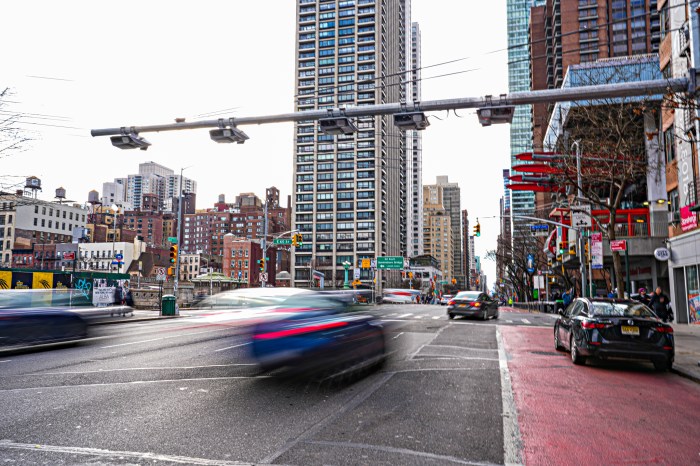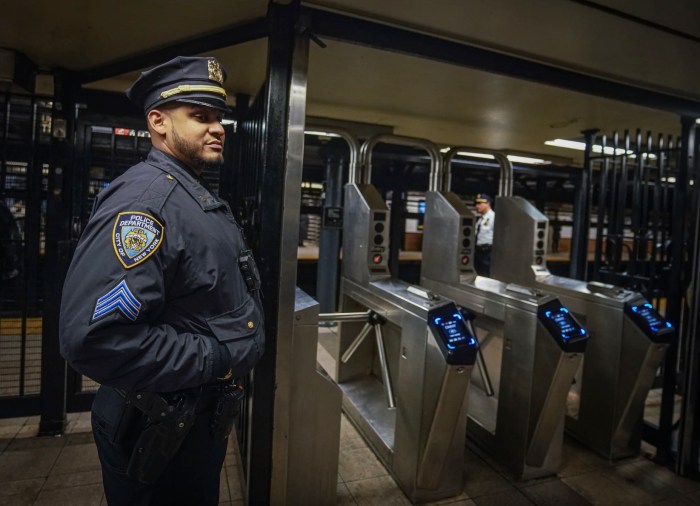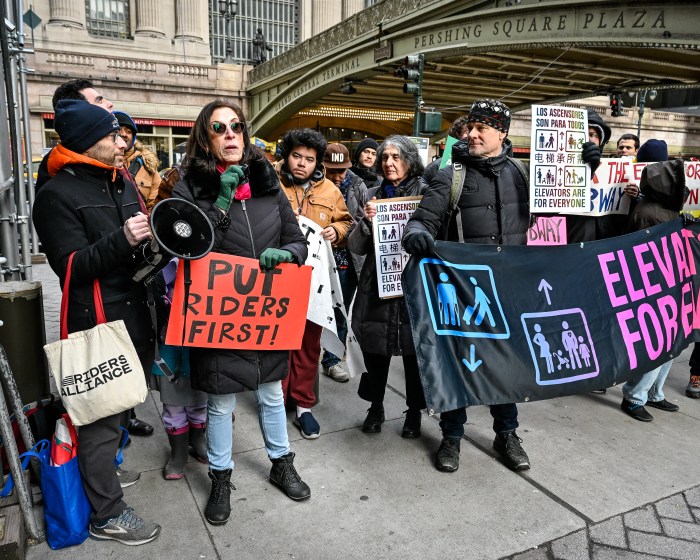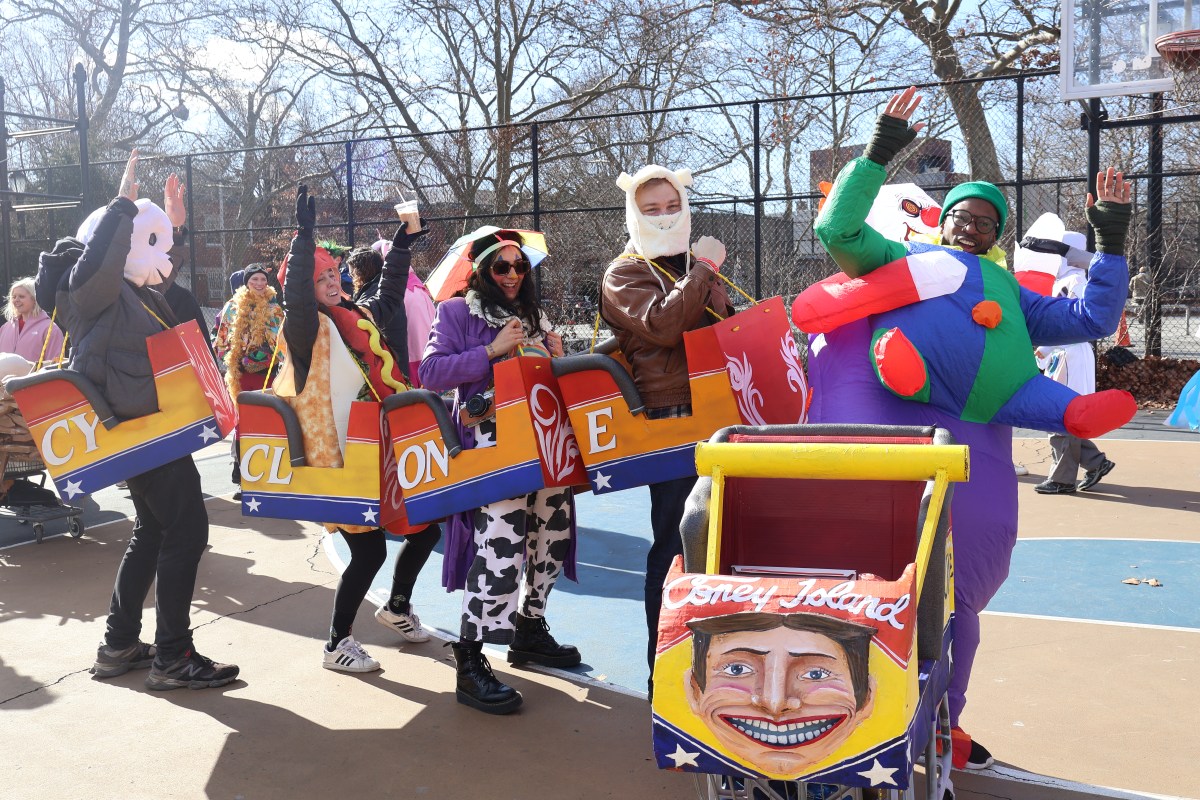
The U.S. Attorney’s office has joined a lawsuit against the MTA over accessibility, arguing that a recent subway station renovation should have included full wheelchair compatibility.
The suit, first brought by advocates in 2016, alleges that the MTA ignored legal requirements of the Americans with Disabilities Act when they completed a $27 million renovation of the Middletown Road station in the Bronx without adding elevators.
“There is no justification for public entities to ignore the requirements of the ADA 28 years after its passage,” said Geoffrey S. Berman, U.S. Attorney for the Southern District of New York, in a statement announcing the action Tuesday. “The subway system is a vital part of New York City’s transportation system, and when a subway station undergoes a complete renovation, MTA and NYCTA must comply with its obligations to make such stations accessible to the maximum extent feasible.”
The MTA did not immediately respond to a request for comment, though it has argued in the past that it is “technically infeasible” to do so at the station, which serves the Pelham Bay neighborhood and was closed for the renovations between the fall of 2013 and the spring of 2014. The infeasibility, the MTA said at the time, means the work does not have to meet ADA requirements.
Only about 25 percent of MTA subway stations are accessible. Advocates have complained that the authority has been doing a poor job at both planning future accessibility projects and keeping the current subway elevators in service.
A group that first brought the suit, the Bronx Independent Living Services, did not immediately respond to a request for comment. Though other advocates expressed hope that the U.S. Attorney’s action could have implications for current subway access fights and ongoing projects at the MTA.
Susan Dooha, the executive director at New York’s Center for Independence of the Disabled, said the developments are more reason to question the MTA’s work under the Enhanced Station Initiative, an ongoing plan to completely renovate more than 30 subway stations without bringing them to full ADA compliance.
Dooha’s nonprofit is part of a group of disability organizations and disabled residents that are currently involved in their own lawsuits against the MTA. Last year, they collectively filed two suits in state and federal courts. One suit, in state court, argues that lack of elevators in the system is a violation of the city’s human rights law. The federal suit claims that the authority is failing to keep its elevators in working order, a violation of the ADA prohibiting the discrimination against people with disabilities at public facilities.
“I think the Department of Justice’s action has implications for the enhanced station initiative. I think it has implications for the L line that should be examined,” Dooha said. “Their claims are absolutely on the money. I think it’s a shame, however, to have to seek to resolve the inaccessibility of the entire subway system by suing about each missing or broken elevator.”




































